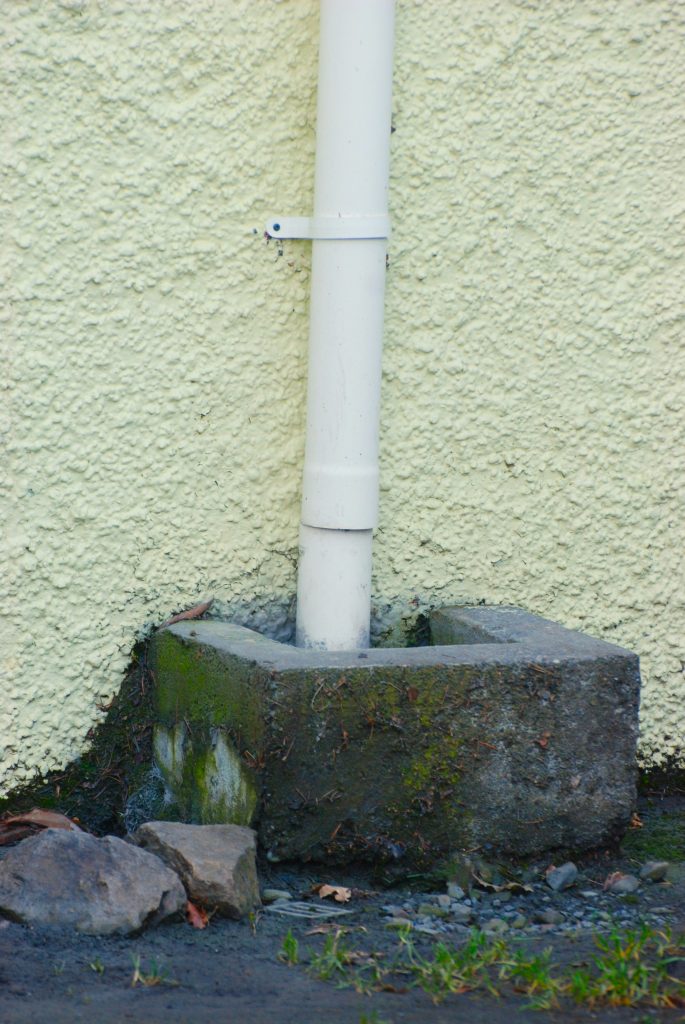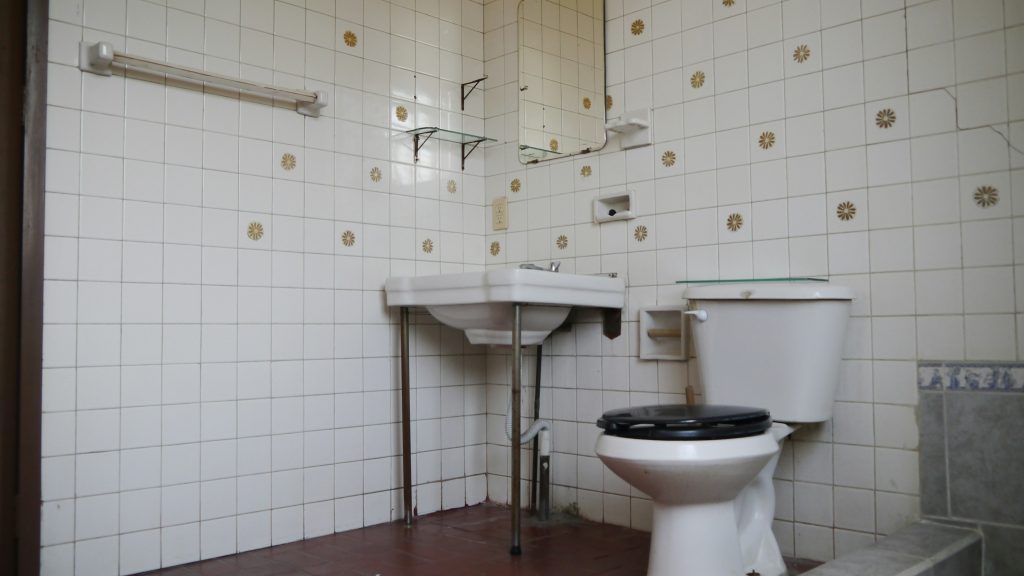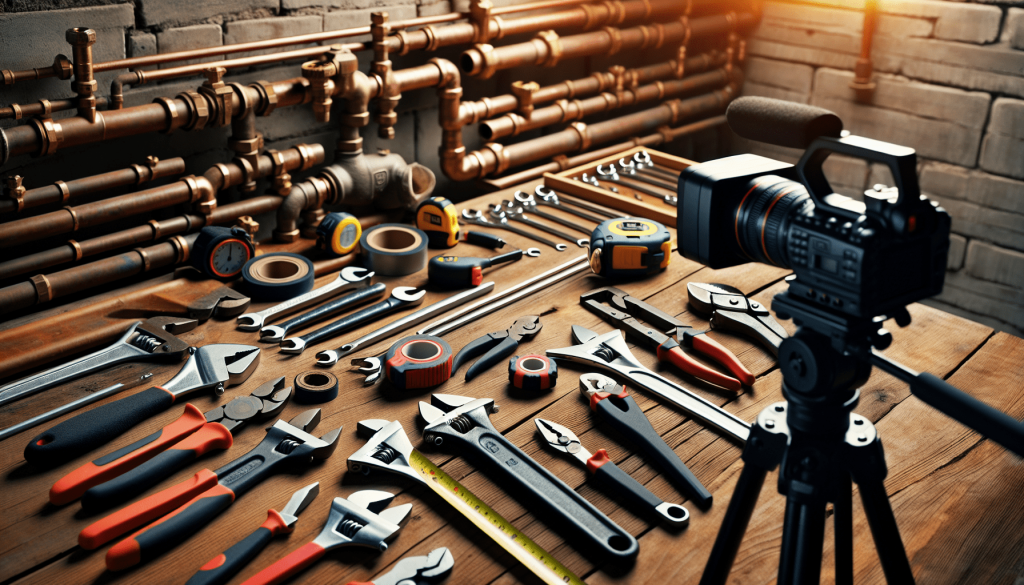Curious about how to kickstart a career as a plumber? Look no further than the video tutorial by Roger Wakefield Plumbing Education. In this engaging video, you’ll learn all about becoming a Plumbing Apprentice, a crucial step in advancing your plumbing career. From tips on getting into the trades to the importance of keeping a clean record, this video covers it all. As experts in the field, we highly recommend checking out this resource to gain valuable insights on starting a successful career in plumbing.
With a focus on practical skills and essential knowledge, this video tutorial is a must-watch for anyone considering a career in the plumbing industry. Whether you’re just starting out in high school or looking to transition into a new field, the information provided by Roger Wakefield is sure to be invaluable. From exploring different training programs to understanding the benefits of joining a union, this video offers a comprehensive guide to help you navigate the path to becoming a successful plumber.

Overview of Plumbing Apprenticeship
Embarking on a plumbing apprenticeship can be a game-changer in your career path. The importance of becoming a plumbing apprentice cannot be overstated. It provides you with a hands-on learning experience, essential skills training, and a solid foundation in the plumbing industry.
Importance of becoming a plumbing apprentice
Becoming a plumbing apprentice allows you to learn directly from experienced professionals in the field. You get to work on real job sites, gaining practical knowledge that cannot be taught in a classroom setting. This hands-on experience is invaluable and sets you up for success as you progress in your plumbing career.
Requirements to become a plumbing apprentice
to become a plumbing apprentice, there are certain requirements that need to be met. Typically, a high school diploma or GED equivalent is necessary. Additionally, completing vocational training or plumbing courses can be beneficial to kickstart your career in plumbing. A solid understanding of math and science concepts is also crucial in the plumbing industry.
Finding a plumbing apprenticeship program
Finding a plumbing apprenticeship program can be done through various avenues. You can reach out to local plumbing companies, trade schools, or unions to inquire about apprenticeship opportunities. Networking with professionals in the industry can also open up doors for apprenticeship programs. Researching online for apprenticeship programs in your area is another effective way to find opportunities to kickstart your career in plumbing.

Educational Requirements
In the plumbing industry, having a high school diploma or GED equivalent is usually the minimum educational requirement to become a plumbing apprentice. Completing vocational training or plumbing courses can provide you with a competitive edge and enhance your skills in the plumbing trade. Understanding math and science concepts is essential as they are fundamental aspects of plumbing work.
Skills Needed
As a plumbing apprentice, there are certain skills that are crucial for success in the industry. Problem-solving skills are essential for diagnosing and resolving plumbing issues efficiently. Physical strength and stamina are important as plumbing work can be physically demanding. Attention to detail is another critical skill to ensure that plumbing systems are installed and maintained correctly.

Licensing and Certification
Becoming a licensed plumber is a significant milestone in your plumbing career. Licensing requirements for plumbers vary by state, but generally, completion of an apprenticeship program and passing a licensing exam are necessary steps. Obtaining a plumbing license showcases your expertise and professionalism in the field. Being a certified plumber also opens up opportunities for advancement and higher earning potential.
Job Duties of a Plumber
As a plumber, your job duties will include installing and maintaining plumbing systems, diagnosing and repairing plumbing issues, and reading blueprints to ensure compliance with building codes. You will work on a variety of projects, from residential to commercial, and play a crucial role in ensuring safe and efficient plumbing systems for occupants.

Tools and Equipment Used by Plumbers
Plumbers use a wide range of tools and equipment to perform their job effectively. Common hand tools such as wrenches, pliers, and pipe cutters are essential for everyday tasks. Power tools like drills and saws are used for more complex projects. Specialized equipment such as pipe cameras and leak detectors are also utilized for specific plumbing tasks to diagnose and solve issues accurately.
Safety Precautions in Plumbing
Safety is paramount in the plumbing industry, and plumbers must adhere to strict safety protocols. Using personal protective equipment (PPE) such as gloves, goggles, and hard hats is essential to prevent injuries. Plumbers must also take precautions to avoid exposure to hazardous materials and chemicals. Proper handling and maintenance of tools and equipment help create a safe work environment for all.

Career Advancement Opportunities
After completing a plumbing apprenticeship, there are various career advancement opportunities to explore. Becoming a master plumber involves gaining further experience and expertise in the field. Starting your own plumbing business is another option for plumbers looking to be their own boss. Specializing in niche areas of plumbing, such as green plumbing or medical gas installation, can also lead to increased opportunities and higher earning potential.
Salary and Job Outlook
The average salary for plumbers varies depending on location, experience, and specialization. Generally, plumbers earn a competitive salary, with the potential to increase with more experience and certifications. The job outlook for plumbers is positive, with a steady demand for skilled professionals in the plumbing industry. Factors such as population growth, aging infrastructure, and environmental regulations contribute to job growth prospects for plumbers.
Conclusion
In conclusion, pursuing a career in plumbing through a plumbing apprenticeship can be a rewarding and fulfilling journey. By meeting the educational requirements, honing essential skills, obtaining licensing and certification, and embracing safety precautions, you can excel in the plumbing industry. With various career advancement opportunities, a competitive salary, and a positive job outlook, becoming a plumber opens up a world of possibilities. Take the next steps in your plumbing career journey and explore the exciting opportunities that await you.

